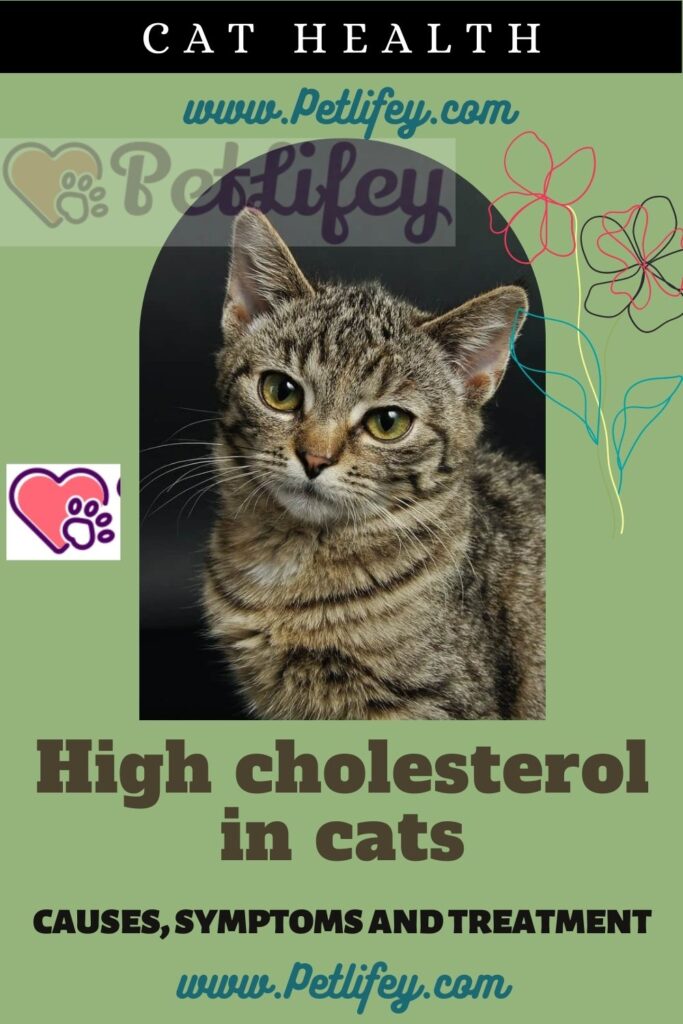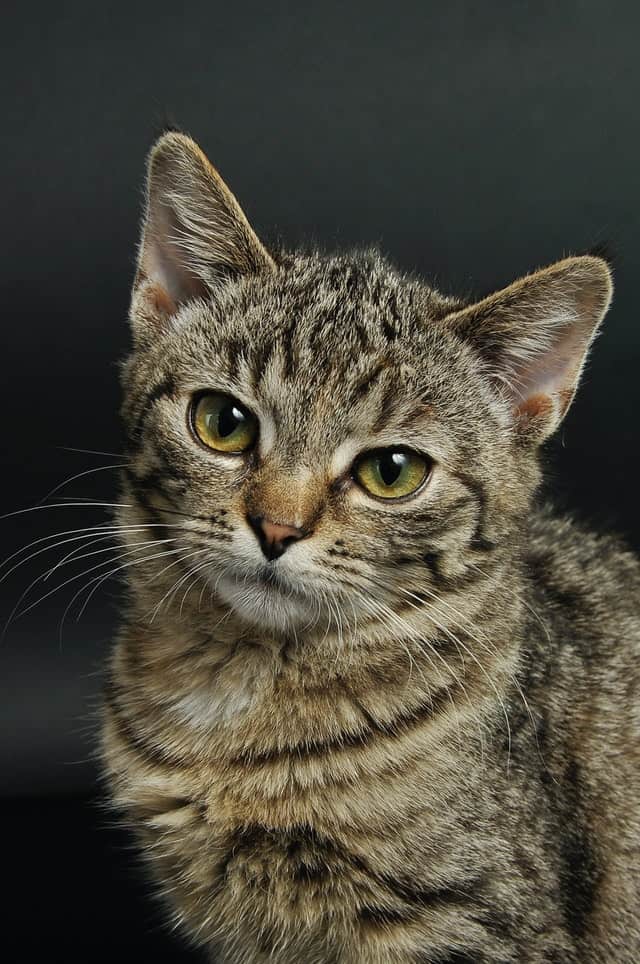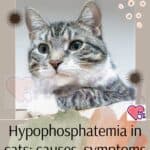
The cat can also suffer from hyperlipidemia. Let’s see together what are the causes of high cholesterol in cats, its symptoms and what to do to help the cat.
High cholesterol is a pathology that can occur not only in humans, but also in pets. Hyperlipidemia in cats can greatly affect their health and their lifespan, which is why it is important to keep your cat under control at all times.
We will see below what are the causes of high cholesterol in cats, what are the symptoms that should not be underestimated and what can be done to help the feline.
High cholesterol in cats: causes and symptoms

As we all know, high cholesterol in cats or hyperlipidemia is the condition in which the cat‘s blood contains an excessive presence of lipids (fats) including cholesterol and triglycerides.
Usually during the digestion of a meal, fats are absorbed from the cat’s gut after 30-60 minutes and raise cholesterol and triglyceride levels over the next 3-10 hours. If these levels remain high 12 hours after a meal, they give rise to hyperlipidemia.
There are many pathologies that can favor an accumulation of cholesterol in the cat’s blood, they are:
- Pancreatitis in cats
- Diabetes in the cat
- Cholestasis (biliary obstruction)
- Hyperthyroidism in cats
- Excessive functioning of the adrenal gland
- Nephrotic syndrome
Other causes that can lead to hyperlipidemia in cats are:
- Pregnancy
- Inheritance
- An overly fatty meal
Symptoms
Hyperlipidemia does not initially cause symptoms in the cat, but as it increases and becomes more dangerous, the cat may exhibit the following symptoms:
- Convulsions in cats
- Spots on the skin
- Abdominal pain
- Yellow-orange lesions on the skin because they are swollen with fat
- Nervous system dysfunctions
Hyperlipidemia in cats: diagnosis and treatment
Very important for the health of the feline is to have a complete check-up every year, even if it does not show any symptoms. In the event that your beloved cat exhibits at least one of the symptoms listed above, it is necessary to take him to the vet, who will perform a physical examination on the cat, considering his diet, symptoms and medical history.
If the situation is serious, the feline will be hospitalized and kept under observation and fasted for 12 consecutive hours. In this case the following analyzes will be performed:
- Urinalysis
- Blood analysis
In addition, the specialist could also perform specific tests for the thyroid or to rule out the presence of other pathologies.
Treatment
The main useful cure for the cat suffering from high cholesterol is to adjust its main diet, gradually decreasing the consumption of fats.
If that’s not enough, the vet could prescribe drugs to counteract triglycerides and cholesterol or to treat the disease that caused hyperlipidemia in the cat.
It is very important to always keep the cholesterol and triglyceride values in the cat’s blood under control, to avoid serious problems for your beloved cat.






